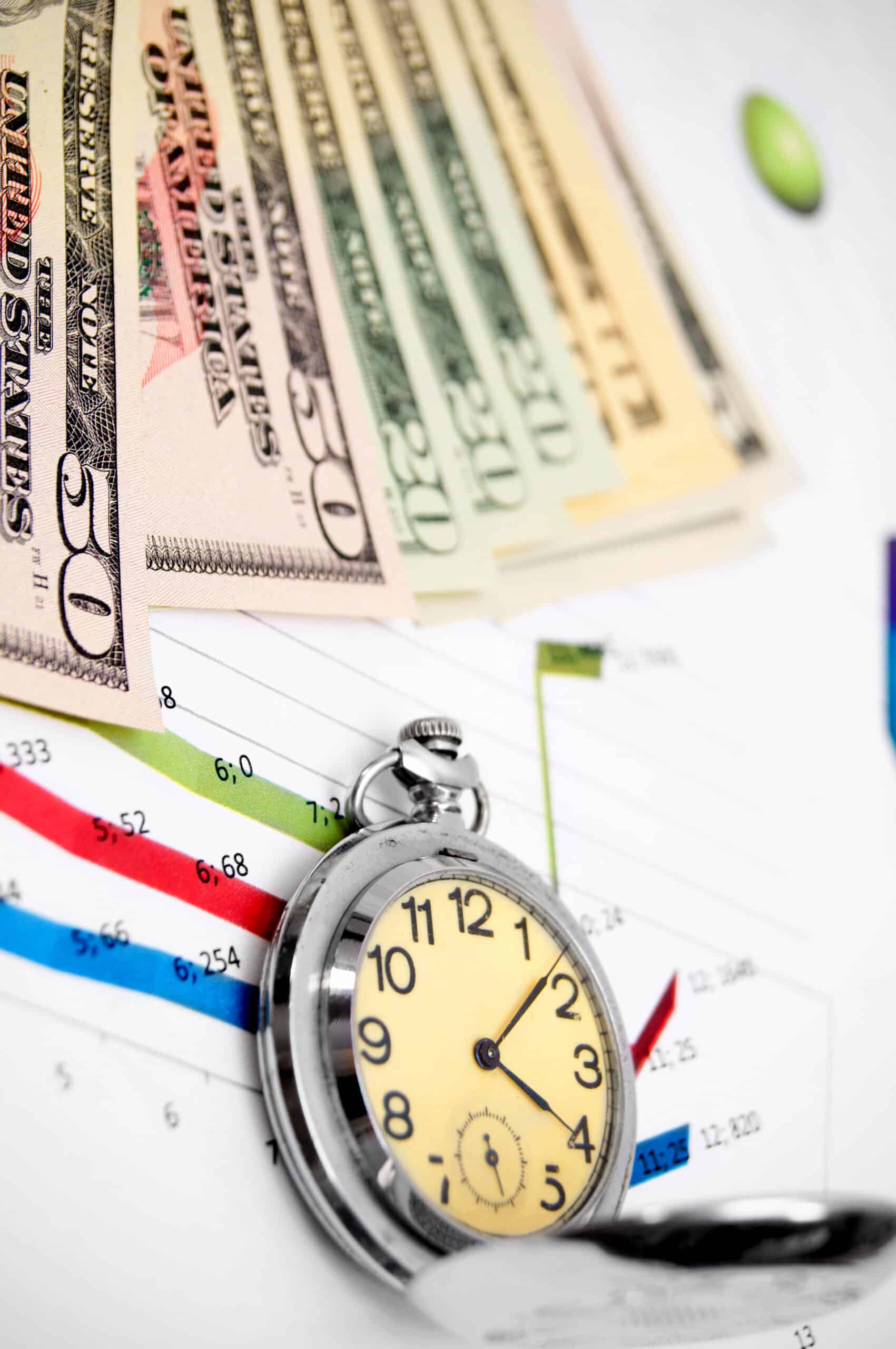Are you having trouble keeping up with your bills? Are your debts increasing by the day? You are not alone, many people are in your shoes, and even countries owe debts. Being in debt can be frustrating, but it is not the end of the world. People run into debts for several reasons – education, medical expenses, housing expenses, and the list goes on. Many people have debts; some have successfully found a way to manage their debts, while some are on their way to finding solutions. Every path to becoming debt free has its twists and turns. And, no single approach is right for every person; you have to find your own. Some methods can be straightforward and handled independently, while others require a professional’s help. Additionally, it is important to recognize the short-term and long-term impact of each option. Some of these options may negatively impact your credit score and limit your access to new credit.
What is debt relief?
Debt relief refers to any strategy, service, or plan an indebted person uses to obtain some financial relief. A person’s debts can be totally or partially forgiven depending on the debt relief program or strategy used.
Debt relief manifests in various systems and plans, so there is no singular debt relief strategy that works perfectly for everyone. However, the unifying feature results in a person not having to pay their entire debt or at least allowing them to pay it over a more extended period.
When to consider debt relief
If you earn a consistent income, the first thing to do is to figure out ways you can save and plan with your income without running into debts. Next, find ways to cut down spending and look for alternative ways to increase your income if possible. Finally, once you have exhausted all of your savings and earning resources and still can’t meet your monthly payments, it’s time to consider a more drastic debt relief option.
Common debt relief options
If you are ready to solve your debt problems, you can choose a range of options. Let’s explore some of these options:
Debt consolidation
This process involves combining all your debts into one monthly payment. High-interest credit cards are paid off in the debt consolidation, and lower interest rates are offered. These debt consolidation loans are given after you have completed a debt settlement. Generally, debt consolidation means taking multiple account balances, paying them off with a single financial tool, then making payments on one account each month.
Debt settlement
Refers to negotiating with creditors to settle a debt for a lower amount than the amount owed. This process typically involves working with a settlement agency or debt relief company to negotiate on your behalf. Following the agreement of a settlement amount, you start making monthly payments into a special account for this purpose. That money will be used to pay your creditors. With this, the rest of your debt will be forgiven.
Bankruptcy
This option is most likely for people who have tried debt settlement and consolidation but were unable to repay their debts. This court procedure eliminated debts through liquidation, asset seizure, or organization of debts. It often provides a chance to start over on a clean slate and can give you relief from your creditors. As fantastic as this method sounds, bankruptcy is risky compared to the other options as it can also have a negative impact. It can affect your ability to pass a credit check for a job or housing, as a result, negatively impacts your ability to borrow money in the future. It also does not protect your property from being repossessed or taken away.
Conclusion
Debt relief strategies are worth trying if you have trouble managing your regular payments and are not sure if you will be able to keep up your credit score. So the question is, among these options, which should you choose? This question can be difficult to answer because there is no right or wrong answer. Your choice will depend on your situation. Therefore, it is best to carefully explore your options according to your situation. Do not make decisions based on which collectors are pressuring you the most or based on someone else’s experience. That an option worked for someone does not mean it will work for you.
If you don’t have any debts, you want to keep them. Get yourself equipped with financial strategies to stabilize your income and help you manage your finances. It will also help if you seek a professional’s services if you have financial challenges.


